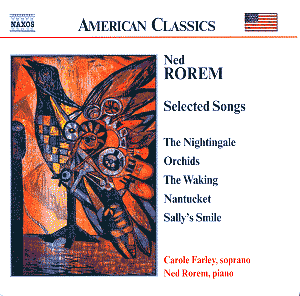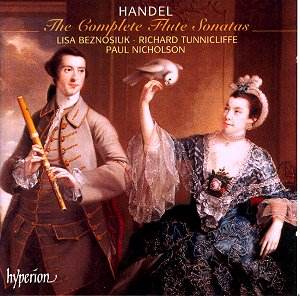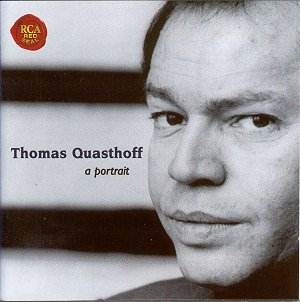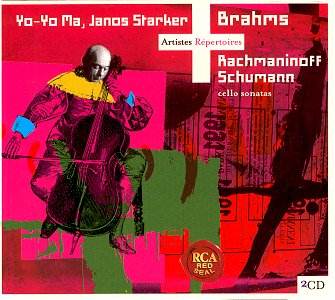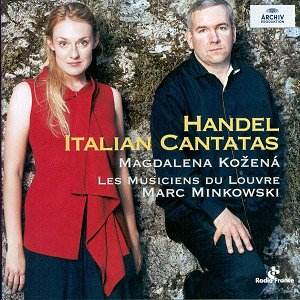 Composer: Georg Friedrich Handel
Composer: Georg Friedrich Handel
Works: Il delirio amoroso, HWV 99; La Lucrezia, HWV 145; Il consiglio, HWV 170
Performers: Magdalena Kozená, mezzo-soprano; Les Musiciens du Louvre, Marc Minkowski
Recording: 12/1999 – Paris, Maison de la Radio, Studio 104
Label: ARCHIV 469 065-2
Georg Friedrich Handel, a titan of the Baroque era, produced a wealth of vocal music that continues to resonate with audiences and performers alike. His Italian cantatas, written during his early years in Rome, exhibit a remarkable confluence of lyrical beauty and dramatic expression. These works, typically crafted for private performances before the aristocracy, are characterized by their intricate vocal lines and rich emotional content. In this recording, Magdalena Kozená delivers a stunning interpretation of three such cantatas, revealing both the technical prowess and expressive depth that Handel’s music demands.
Kozená’s interpretation is marked by a sumptuous, rounded tone that captures the essence of Handel’s lyrical style. Her ability to navigate the demanding vocal passages is especially evident in “Un pensiero voli in ciel” from Il delirio amoroso. Here, she effortlessly sustains long, lyrical lines while injecting a profound sense of yearning. The ornamentation she employs is both tasteful and effective—her vibrato serves not as a distraction but rather as an embellishment that enhances the emotional gravity of the music. This thoughtful application of technique sets her apart from many contemporary sopranos, who sometimes overuse vibrato, diluting the clarity of the text and melody.
The orchestral accompaniment by Les Musiciens du Louvre under Marc Minkowski is equally praiseworthy. Minkowski exhibits a keen understanding of the delicate balance required in Baroque performance practice, allowing the orchestra to recede into the background when necessary, only to emerge in vivid relief during climactic moments. This nuanced orchestration complements Kozená’s voice beautifully, particularly in the dramatic tension of “O Numi eterni” from La Lucrezia, where the interplay between voice and instruments mirrors the psychological conflict inherent in the text. The ensemble’s precision and sensitivity underscore the rich textures of Handel’s writing, enhancing the overall impact of the performance.
Sound quality and engineering also merit commendation. The recording captures the warmth and clarity of Kozená’s voice, allowing listeners to appreciate the subtleties of her interpretation. The acoustic environment of the Maison de la Radio provides a resonant backdrop that enriches the listening experience, making each note and phrase emerge with striking definition. This attention to detail is crucial in a genre where every nuance of delivery can significantly affect the audience’s perception of the music.
Comparatively, Kozená’s performances stand out among the myriad recordings of Handel’s cantatas available today. While some interpreters may prioritize technical proficiency at the expense of emotional connection, Kozená strikes a remarkable balance, drawing the listener into the narrative with her dynamic expressiveness. This is particularly evident in “Tra le fiamme” from Il consiglio, where her voice conveys both urgency and tenderness, a feat that elevates the music beyond mere execution to a compelling storytelling experience.
This recording serves not only as a testament to Kozená’s artistry but also as an invitation to revisit Handel’s Italian cantatas, which deserve greater recognition in the concert repertoire. The combination of her expressive voice, Minkowski’s adept orchestral direction, and the high-quality production culminates in a recording that is both artistically enriching and technically superb, affirming the enduring beauty and relevance of Handel’s music in today’s classical landscape.
